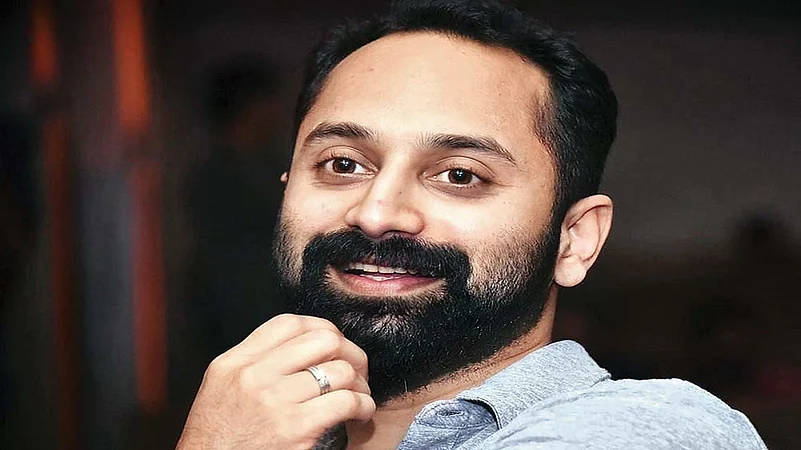Malayalam actor Fahadh Faasil considers himself fortunate to belong to a timeline when regional films are crossing boundaries, charting new territories. He tells Lachmi Deb Roy about his latest movie, Malik, what it takes to prepare for a role and how he has been an integral part of Malayalam movies over the past ten years.
The Malayalam New Wave has expanded your audience and you don’t need a Bollywood film to get recognition.
I am fortunate. I think cinema as a whole is changing and regional films are travelling beyond borders.
The characters you play are different. How do you choose your roles?
I look at the story and see how it is narrated. Then I come to the different layers in the story. But the character I play in each of my films is something that I interact with at a later point. I start interacting with the writer even before they start writing the script. So, it’s almost like co-writing. That’s very exciting.
Losing weight for Malik and prepping for the role.
I have been underweight all my life. And I lost about six kg. It was important to look the character primarily when I am playing a person who is not my age. I felt 50 per cent of my job will be done if I look the character. The film talks about the coastal history of Kerala, which spans over 30 years. There was a makeup artist on board and Mahesh Narayanan, my director, actually went through my grandfather’s images and that’s how we started working on the look. The most challenging part was to get the look in all three timelines. It is not just my character that went through this transformation, but every character in the film was based on three time periods. So, I had to collaborate with my co-stars and then crack it.
Being a part of Malayalam movies in the past ten years.
I was fortunate to work with some great talents. The past ten years of Malayalam cinema have seen a lot of new actors and directors. I don’t think it is one particular individual. But collectively there is a change happening. And there is a cycle that takes its own turn. There was a point when we only spoke about Bengali films, then Marathi and now it is Malayalam. Cinema is no longer stuck at one particular place. The writers have started exploring regional films more. When I say regional films, I mean they try to pitch their stories more on the local storylines and the more local you go the wider the audience. So, there is a lot of experimentation happening.
Malik was an ambitious project made for the theatres, but now released on OTT…
I look at the positive aspect of everything. Malik was initially designed for a theatrical experience, but I feel it is a kind of film that you will feel like watching again and again. You will keep going back to the film. Home-viewing will be interactive for a film like Malik.
Method of acting.
I follow what the directors say… that’s my method. I have never really chosen a film. My directors choose me. I have taken up films that come to me. I try not to repeat the same role, though I do end up repeating myself sometimes. But it’s a constant effort to play different characters.
How Malik happenned?
Mahesh, the director, is a good friend. He actually told me the story in 2011. We were in Bangalore then. When he narrated the story to me, I didn’t know that he was actually pitching it for me. But then saying yes to the film was solely my decision.
OTT as the future of entertainment.
It is one more platform for the future of entertainment. I don’t think it is going to be the only one. I think theatre and home-viewing are going to coexist.
(This appeared in the print edition as ‘Cinema is no longer stuck at one particular place’)


























